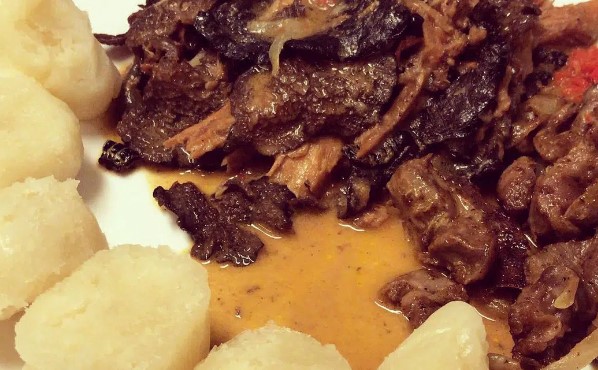Introduction: Street Food in the Democratic Republic of the Congo
Street food is a popular and ubiquitous form of food consumption in the Democratic Republic of the Congo (DRC). It is a significant part of the food culture and provides a source of income for many vendors. However, street food safety and hygiene are major concerns, as the practices of food handling and preparation can lead to contamination and the spread of foodborne illnesses.
Hygiene Standards for Street Food in the DRC
The DRC has established hygiene standards for street food vendors. These standards include the use of clean water for cooking, washing hands frequently, wearing hairnets, and storing food in clean and covered containers. Street food vendors are also required to have a permit from the local authorities and undergo regular health inspections to ensure compliance with hygiene standards.
Food Safety Regulations for Street Vendors
The DRC government has implemented food safety regulations for street vendors to maintain public health and safety. These regulations include the use of clean utensils and cooking equipment, the storage of food at proper temperatures, and the proper disposal of waste. The regulations also require street vendors to obtain food handling and safety training to ensure they are up-to-date with the latest food safety standards.
Food Handling Practices in the DRC
Food handling practices in the DRC are critical to ensuring street food safety. Street vendors must handle food with clean hands and use utensils that are washed frequently to avoid cross-contamination. They must also ensure that food is cooked at the appropriate temperature and served immediately to avoid contamination.
Environmental Health Inspections for Street Food
Environmental health inspections are carried out regularly by local authorities to ensure compliance with food safety regulations. Inspectors check for cleanliness, hygiene, and proper storage of food. Vendors who fail to meet these standards are subject to fines, suspension of their permits, or closure of their businesses.
Common Street Food Contaminants in the DRC
Common street food contaminants in the DRC include bacteria, viruses, and parasites. Contamination can occur through improper food handling, contaminated water, or the use of contaminated equipment or utensils. These contaminants can cause foodborne illnesses, including diarrhea, vomiting, and fever.
Health Risks Associated with Street Food in the DRC
Consuming contaminated street food can lead to a range of health risks in the DRC. The most common health risks associated with street food consumption include diarrhea, cholera, typhoid fever, and hepatitis A. These illnesses can be severe, and in rare cases, can even lead to death.
Conclusion: Ensuring Safe Street Food in the DRC
Maintaining proper hygiene standards and food safety regulations is essential to ensuring safe street food in the DRC. To minimize the risk of foodborne illnesses, street vendors must follow proper food handling practices, undergo regular health inspections, and obtain food safety training. Consumers can also protect themselves by being vigilant about the origin and quality of the food they consume. Through these measures, street food can continue to be a vital part of the food culture in the DRC while ensuring public health and safety.

